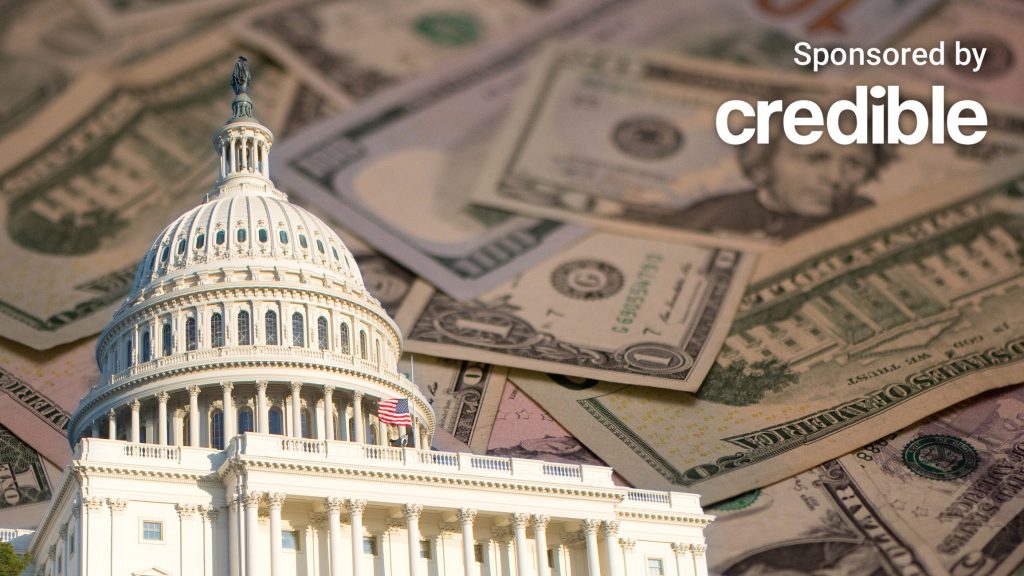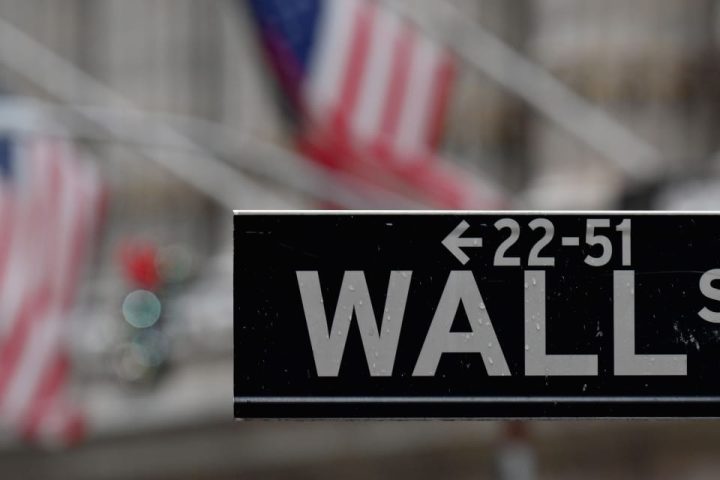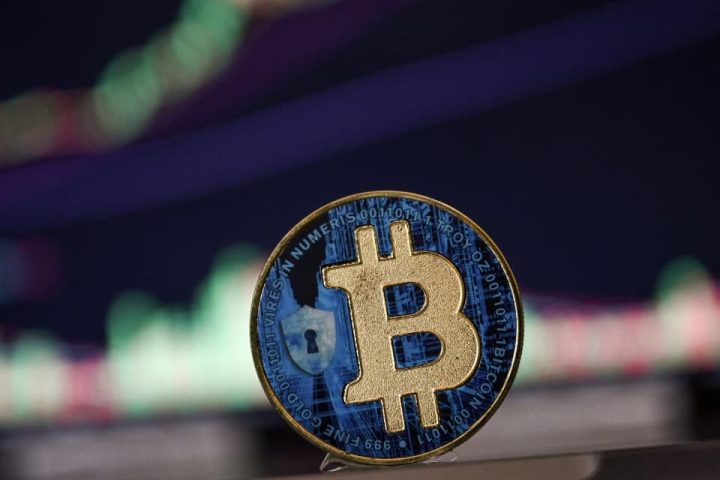By David Lawder
CHICAGO (Reuters) -U.S. Treasury Secretary Janet Yellen on Thursday drew a stark contrast between President Joe Biden’s economic policies and those of former President Donald Trump, saying that Biden’s approach has produced the “fairest recovery on record” and will reap more benefits for the middle-class.
Two days after Trump tightened his grip on the Republican 2024 presidential nomination with a comfortable victory in the New Hampshire primary election, Yellen sought to turn the tide in Chicago on low voter approval ratings for Biden’s handling of the economy, declaring that incomes were now outpacing inflation, which is declining.
A new Reuters-Ipsos poll taken from Monday to Wednesday shows the Democratic president trailing Trump by six percentage points in a hypothetical matchup next November amid widespread voter apathy toward both candidates.
Yellen told the Economic Club of Chicago that improving signals from the economy, including stronger-than-expected GDP data on Thursday, showed that recession fears were over, inflation was subsiding, and middle-class job opportunities were rising, thanks to Biden’s infrastructure and clean energy investments.
“I think Americans do believe inflation is under control,” Yellen said. “I think if inflation remains low and the labor market remains strong, so people feel good about their job prospects, you’ll see sentiment improve.”
Yellen plans to step up her positive talk on the economy, visiting a job training center in Milwaukee on Friday, a day after Biden visited Superior, Wisconsin, to talk up $5 billion worth of infrastructure spending, including a $1 billion bridge in the state, which is considered a major battleground in the Nov. 5 election.
Yellen will also take a somewhat unconventional approach by taping a segment of National Public Radio’s Chicago-based “Wait, Wait, Don’t Tell Me” game show to air on Saturday.
In prepared remarks, she said the major components of “Bidenomics” – a $1.9 trillion COVID-19 rescue package, $1.2 trillion bipartisan infrastructure bill, $52 billion investment in semiconductors and research, and $430 billion clean energy and healthcare law – were aimed at enabling the middle-class to drive the economy again.
That spending allowed the U.S. economy to emerge from the COVID-19 pandemic with historically low unemployment and avoid the kind of slow, painful recovery following the 2007-2009 recession.
“Put simply, it’s been the fairest recovery on record,” Yellen said. “We see this in gains not only for middle-class Americans, but also across demographic groups, such as the rapid decline in unemployment rates for Black and Hispanic Americans.”
The jobless rate in December for Blacks was 5.2%, the lowest since last April’s historic low of 4.8%. For Hispanics, it was 5%, the highest since last February. Both groups saw unemployment rates in the high teens during the pandemic.
NOT ‘TRICKLE-DOWN’ ECONOMICS
Yellen said Trump’s major economic policy was a 2017 Republican-backed tax cut package that increased the U.S. deficit by $2 trillion over 10 years and prioritized tax cuts for corporations and top earners, “while doing little to spur investment.”
It was important to explain why Biden’s strategy “is the right one and why cutting taxes for the rich and hoping that the benefits trickle down widely is not the right strategy,” she told reporters.
Trump’s tax cuts did extend to middle- and lower-income tax brackets, but high earners received much larger tax cuts, on average. In addition, some benefits were reduced, including capped deductions on state and local taxes and home mortgage interest, which boosted some middle-class tax bills.
Trump’s tax cuts for individuals expire in 2025, and Yellen said Biden would seek to use a tax code revamp next year to make wealthy people and corporations pay more, keeping an “ironclad commitment” not to increase taxes on those earning under $400,000 annually.
PRICE SHOCKS
But the memory of the strongest inflation in nearly two generations may take a while to fade in the minds of voters, said Charles Franklin, director of the Marquette Law School Poll in Milwaukee.
Franklin said price increases loom larger in voters’ minds, with twice as many respondents in recent polls reporting hearing about inflation than about low unemployment.
“I think people take low unemployment for granted now and so they don’t give much credit for it,” said Franklin, a law and public policy professor at Marquette.
The school’s November poll showed that 51% of voters rated Trump better on the economy, versus 30% for Biden, results that track responses in Wisconsin.
A new poll from the school is due on Feb. 7.
Read the full article here







